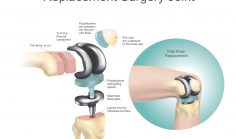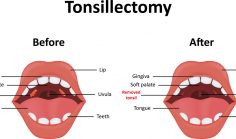10 Interesting Facts about Hemophilia

Fact #1: Richard Burton was a hemophiliac.
Richard Burton, the British actor who was nominated seven times for an Oscar and was married twice to Elizabeth Taylor (as well as three times to other women) had hemophilia. His condition was not widely known. However, in 1964 along with Taylor, he created the Richard Burton Hemophilia Fund to help find a cure.
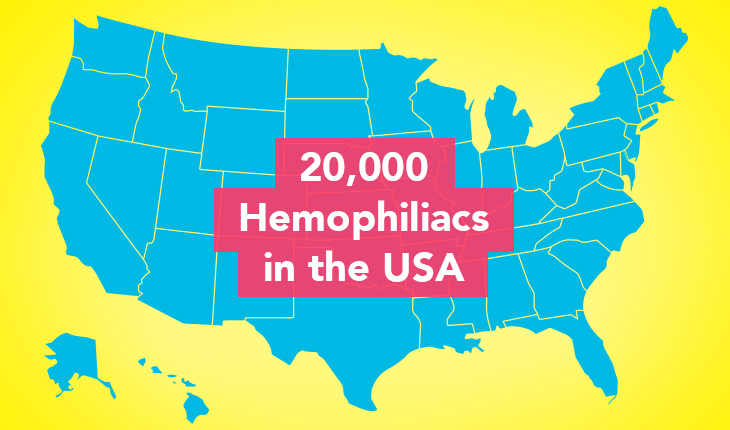
Fact #2: There are an estimated 20,000 people in the U.S. who have hemophilia.
The most recent estimate from the Centers for Disease Control and Prevention (CDC) puts the number or hemophiliacs in the United States at 20,000.
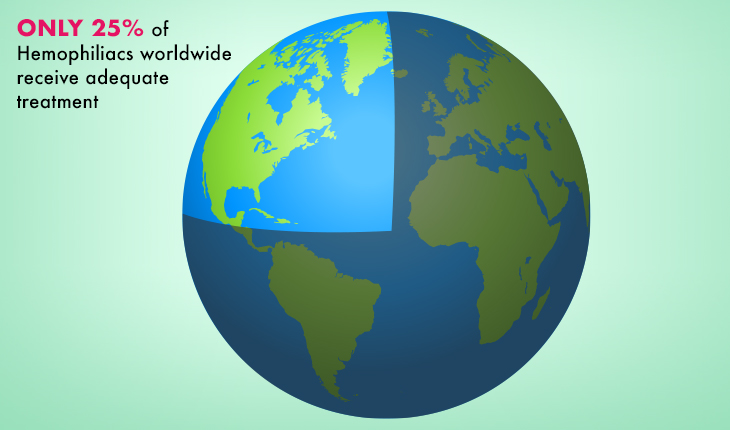
Fact #3: Globally, 75% of hemophiliacs do not get adequate treatment.
The National Hemophilia Foundation reports that three quarters of the estimated 400,000 hemophiliacs worldwide are not being adequately treated.
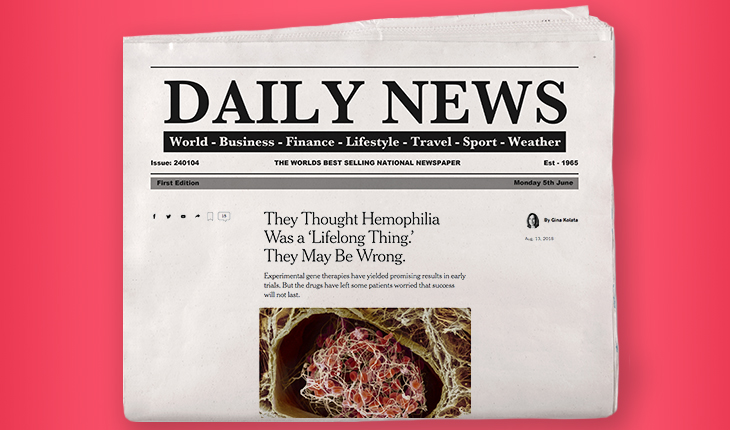
Fact #4: Hemophilia may one day not be a lifelong disease.
Currently, hemophiliacs can be treated with an intravenous clotting factor, although this is not a cure and must be repeated as often as every other day. However, a research team in South Africa at the University of the Witwatersrand recently reported good results in a trial of subcutaneous (under the skin) injections of a protein called emicizumab, which is FDA approved for use in the U.S. This is still not a cure, but it is easier than intravenous injections and needs to be administered much less frequently. And on the horizon: experimental gene therapies have been yielding promising results in early trials, and may, in one treatment, be able to cure this condition.

Fact #5: Hemophilia treatment is VERY expensive.
According to a February 2018 report by NBC News, hemophilia drugs are “among the most costly drugs in the nation.” A case in point is a California boy whose Medicaid bill is a whopping $21 million a year as reported in a January 2017 tweet by Jennifer Kent, a Director of the California Department of Healthcare Services.
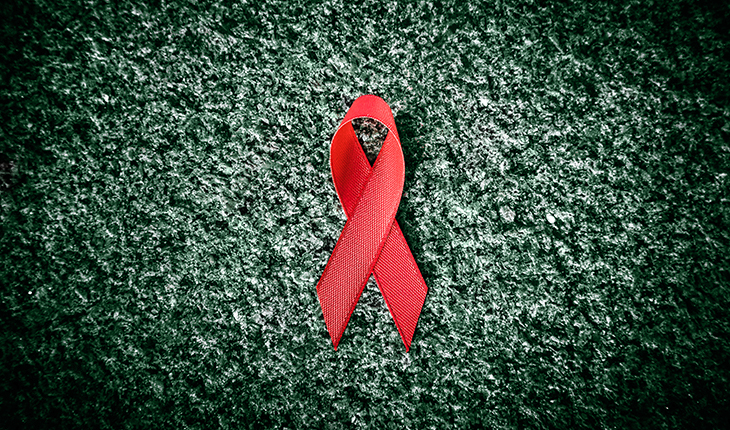
Fact #6: Most hemophiliacs in the 1980s got AIDS.
Close to 90% of Americans who had severe hemophilia in the 1980s ended up infected with acquired immunodeficiency syndrome (AIDS), a potentially life-threatening condition. At the time, blood and plasma donations in the United States were not correctly screened for the human immunodeficiency virus (HIV).

Fact #7: Hemophilia is not the same as von Willebrand disease.
A bleeding disorder called von Willebrand disease (VWD) is named for the Finnish doctor who identified it. VWD is inherited. Males and females are equally likely to have the condition, although the vast majority of hemophiliacs are males.

Fact #8: Hemophilia has been dubbed a “royal disease.”
Hemophilia is sometimes referred to as the “royal disease” because it affected the royal families of Spain, Russia, Germany, and England in the 19th and 20th centuries. The Hemophilia, von Willebrand, and Platelet Disorders Handbook reports that the hemophilia gene was passed from Queen Victoria, who was the Queen of England beginning in 1837, to the ruling families of these countries. She passed the trait to three of her nine children. Her son Leopold died of a hemorrhage after a fall when he was 30. Her daughters Alice and Beatrice passed it on to several of their children. Alice’s daughter Alix married Tsar Nicholas of Russia, whose son Alexei had hemophilia. Their family’s entanglement with Rasputin, the Russian mystic, and their deaths during the Bolshevik Revolution, have been chronicled in several books and films. Hemophilia was carried through various royal family members for three generations after Victoria, then disappeared.
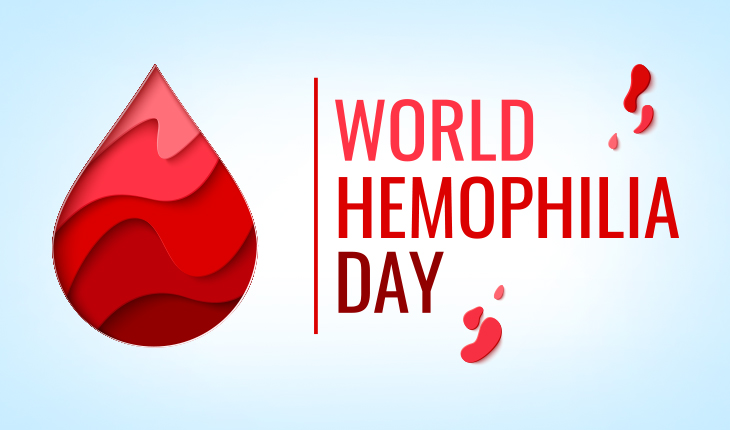
Fact #9: April 17th is World Hemophilia Day.
World Hemophilia Day, April 17th, was created by the World Federation of Hemophilia (WFH). WHF is an international nonprofit organization dedicated to improving the lives of people with bleeding disorders. It was established by Frank Schnabel in 1963. Currently there are member organizations in over 100 countries.

Fact #10: Hemophiliacs should not take aspirin.
Although acute (short term) pain as well as chronic (long term) pain are common for those with hemophilia, aspirin is not recommended as a treatment option. According to Living with Hemophilia, aspirin and products containing aspirin can affect platelet function. Patients should consult a healthcare professional before taking any pain medication.






